Лечение ангины у детей
Ангина у детей (острый тонзиллит) представляет собой инфекционно-аллергическую патологию. Эта заразная болезнь характеризуется воспалением небных миндалин. При отсутствии своевременного лечения на фоне тонзиллита появляются как ранние, так и отдаленные осложнения.

специалисты

оборудование

лечения
Информация для пациентов
Формы ангины
Существует несколько форм заболевания. Чаще всего у детей выявляется катаральная ангина. Реже встречаются фолликулярная, лакунарная и гангренозная формы ангины.
Катаральная ангина
Это самая легкая форма ангины, которая чаще всего встречается у малышей. Она характеризуется отсутствием гноя. Одновременно на фоне рыхлого и десквамированного эпителия появляется тонкая серозная пленка белесого оттенка.
Основные симптомы катаральной ангины:
- Покраснение и небольшой отек миндалин
- Легкая боль (возникает на следующий день после появления красноты) при глотании
- Общее недомогание и слабость
При отсутствии осложнений катаральная ангина обычно длится от 3 до 5 дней. После этого ребенок постепенно идет на поправку.
Фолликулярная ангина
Это более серьезная форма ангины. Она характеризуется наличием просвечивающих через эпителиальный покров миндалин гнойных точечных фолликул. Их размер составляет 2-3 мм.При развитии этой формы боль в горле часто становится интенсивной.
При глотании она усиливается. К дополнительным проявлениям патологии следует отнести высокую температуру (до 38 градусов), а также увеличение и болезненность шейных лимфоузлов.
Лакунарная ангина
Эта форма характеризуется появлением линейного гноистого налета желтоватого цвета. Он образуется в лакунах между долями миндалин.
Главным проявлением патологии является сильная боль в горле и при глотании. Она сопровождается высокой температурой и ознобом. Шейные лимфоузлы сильно увеличиваются и становятся болезненными на ощупь.
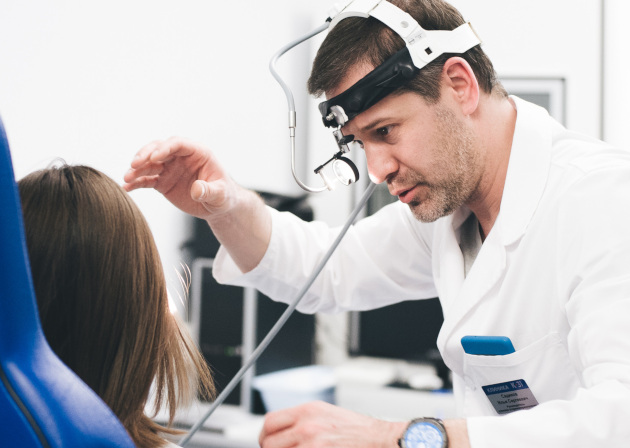
Как проходит прием у отоларинголога в K+31
Наши врачи

Такая награда выдаётся клиникам с самым высоким рейтингом по оценкам пользователей, большим количеством обращений с данной площадки, при отсутствии критичных нарушений.

Такая награда выдается клиникам с самым высоким рейтингом по оценкам пользователей. Она означает, что место знают, любят и сюда точно нужно зайти.

Портал ПроДокторов собрал 500 тысяч отзывов, составил по ним рейтинг врачей и наградил лучших. Гордимся, что среди награжденных есть наши врачи.
Запишитесь на прием в удобное время на ближайшую дату
Стоимость
Другие услуги






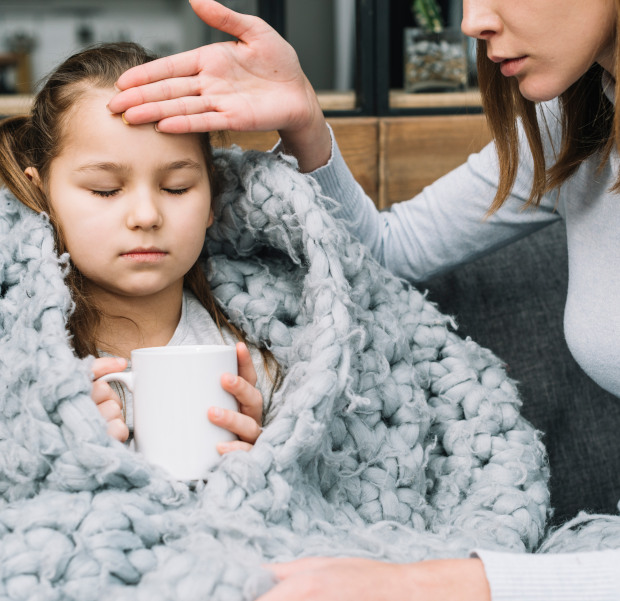
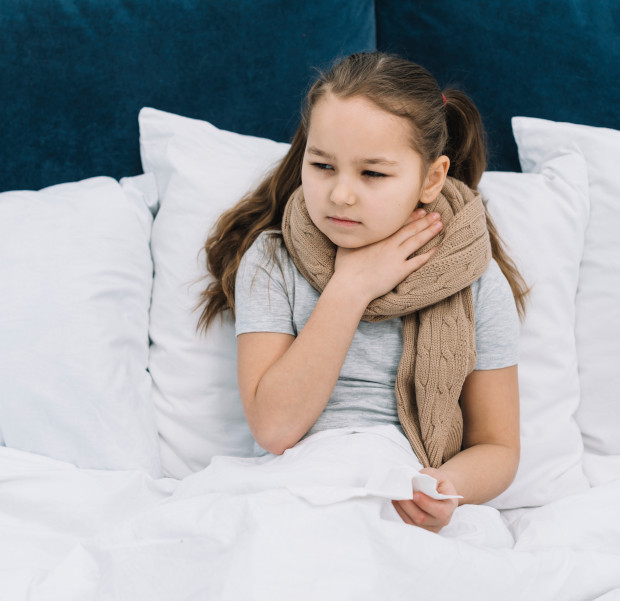
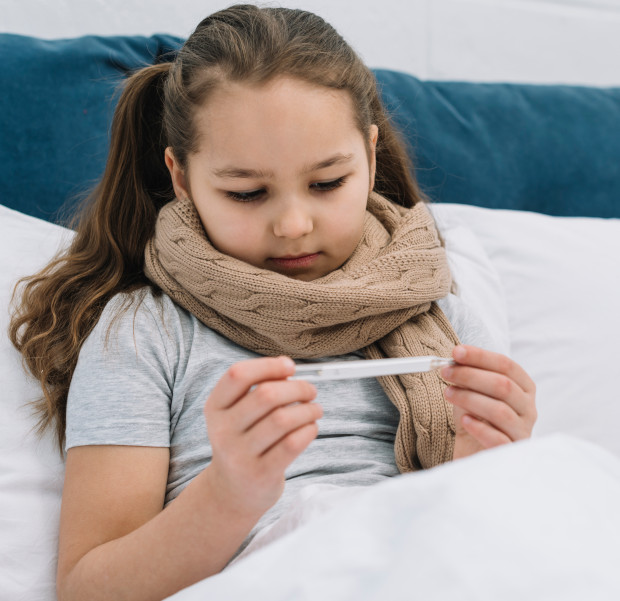
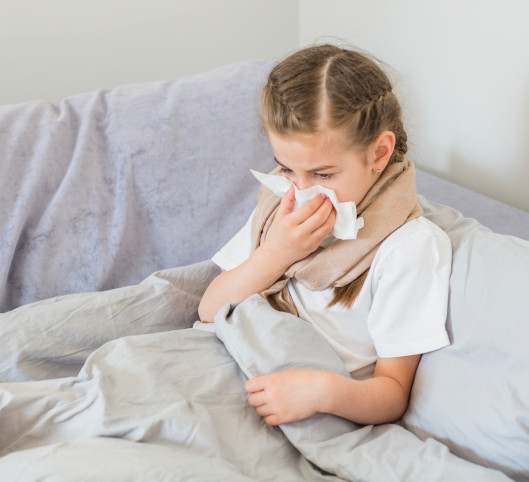
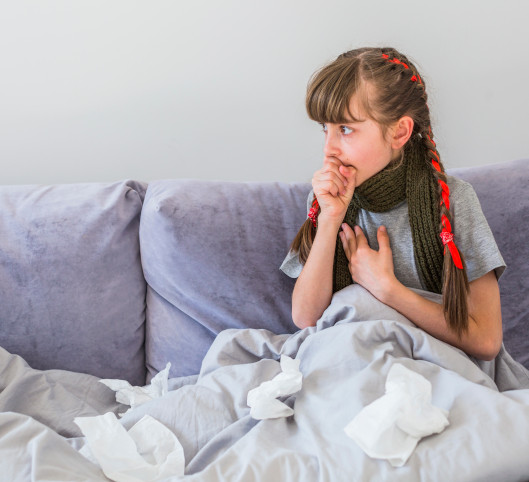
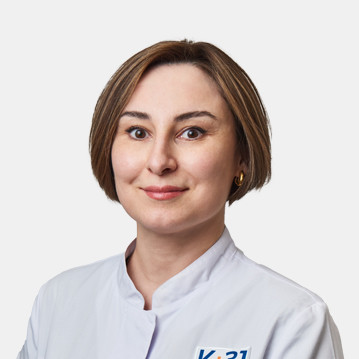


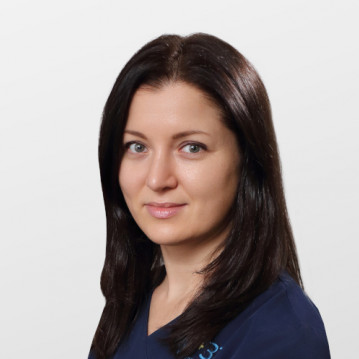
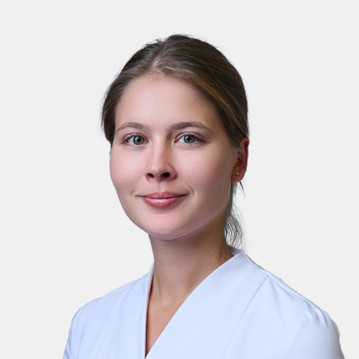
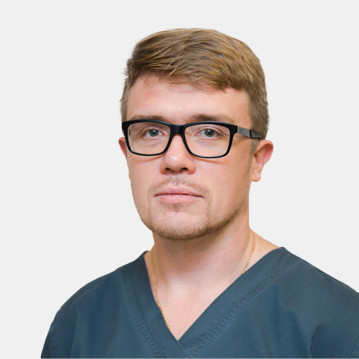


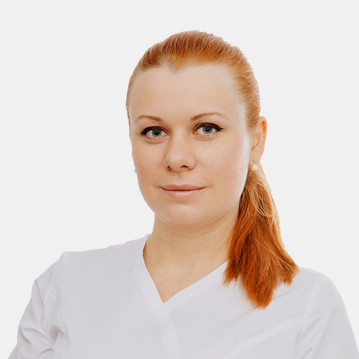
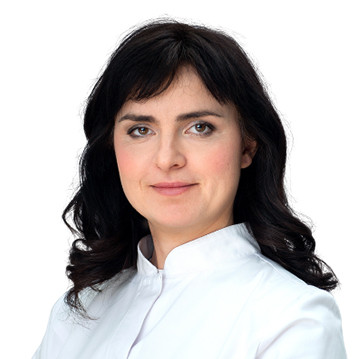
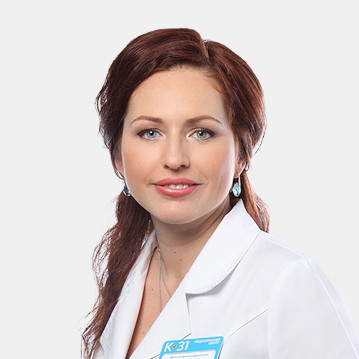
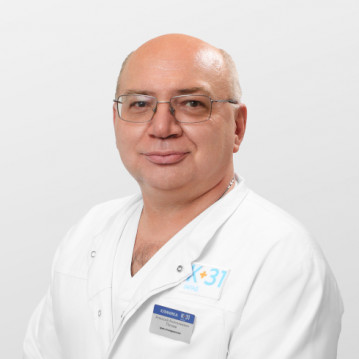
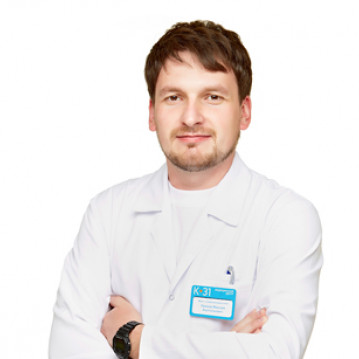
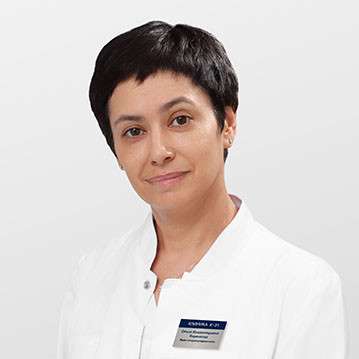

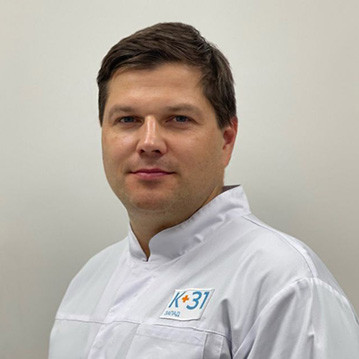

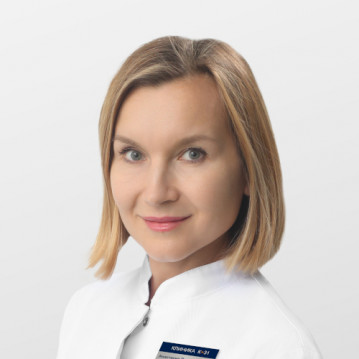
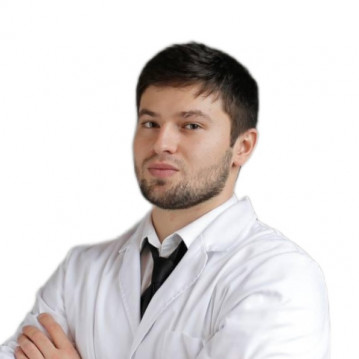
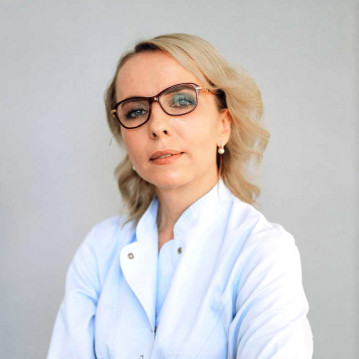

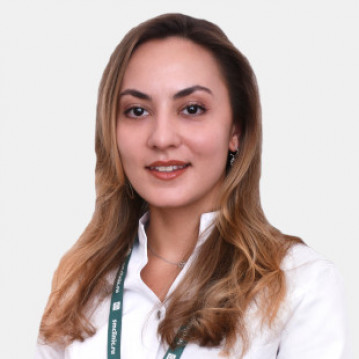





Причины ангины у детей
В 80% случаев главной причиной детской ангины является бактериальная инфекция (либо вирус). Возбудителем заболевания у ребят младшего школьного возраста часто является β-гемолитический стрептококк группы А. В 10% случаев причиной развития патологии становится золотистый стафилококк. Микст-инфекция, пневмококк и гемофильная палочка также могут вызывать тонзиллит.
Предрасполагающими факторами развития ангины являются авитаминоз и изменения регионарного и общего иммунитета при переохлаждении. Травматический тонзиллит развивается на фоне оперативного вмешательства на носоглотке и задних отделах полости носа. Эндогенная форма болезни нередко прогрессирует при кариесе и синусите.
Лечение инфекционной (и любой другой) ангины у детей назначается с выявления симптомов.